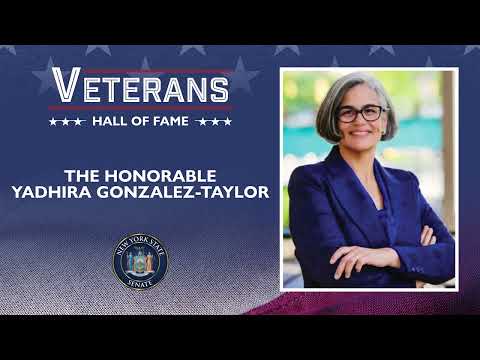
Op Ed: Senator Jamaal T. Bailey Calls More Diversity in the Specialized High School Admission Process
Jamaal T. Bailey
April 19, 2018
The ability to attend a specialized high school in New York City was a rewarding experience for me. Unfortunately, the majority of minority students are shortchanged from this opportunity because of lack of resources that is of no fault of their own or their families. Currently, admittance to specialized high schools in New York City is determined via an admissions test called the SHSAT (Specialized High Schools Admissions Test.) Some efforts exist to increase diversity in these schools, like the discovery and DREAM programs. The discovery program allows low-income students that fall under the passing score threshold of the SHSAT, to attend a summer program that will give them a second chance at attending the specialized high school. The DREAM program is an after school or summer program run by the NYCDOE that offers test prep for 6th and 7th graders, at 20 locations across the city.
Although these initiatives are commendable in their nature, they have not had a substantial effect on the level of diversity in these schools. Last fall, 28,333 eighth graders sat for the test to qualify for spots in Stuyvesant, Bronx Science, Brooklyn Tech and five smaller schools, representing an overall 2% increase from last year, the number of black and Latino students taking the test fell 2%. The corresponding results: Just 10 black students were admitted to a Stuyvesant class of 902, down from 13 admitted last year. The Latino results dipped from 28 to 27.
I introduced in the New York State Senate, two pieces of legislation that address these problems. The first bill (S7983), would mandate that every specialized high school participates and offers the discovery program. Currently, the discovery program is optional, and most of the specialized high schools don’t implement it or consistently offer it every year. My second bill (S8004), focuses on establishing a diversity commission for specialized schools in the Department of Education. The diversity commission would be comprised of 18 members that will provide recommendations to these educational institutions on how to improve and increase their diversity. It would analyze the admission policies and measure the program’s effectiveness.
The need for these programs is crucial in order to ensure that every student is offered the same opportunities. The Calandra-Hecht bill from 1971 ensured that admittance to specialized high schools in New York City was determined via a standardized test to minimize discrimination and admit students based entirely on merit. However, over the years the test has evolved to the point where many parents spend large sums of money on special tutoring classes and test
prep for their children, thus creating a disadvantage for low-income students, predominantly black and Latino.
The lack of resources and information for black and Latino children to prepare for this test clearly shows in the results. It is imperative that we diversify all specialized high schools in the city of New York, this way giving all of our students, regardless of their ethnic and income background, the same opportunities. The bills I introduced seek to set policies that examine and expand the current initiatives and give all students a chance at success.
Share this Article or Press Release
Newsroom
Go to NewsroomNew law prohibits digital billboards in Co-op City
December 31, 2023

